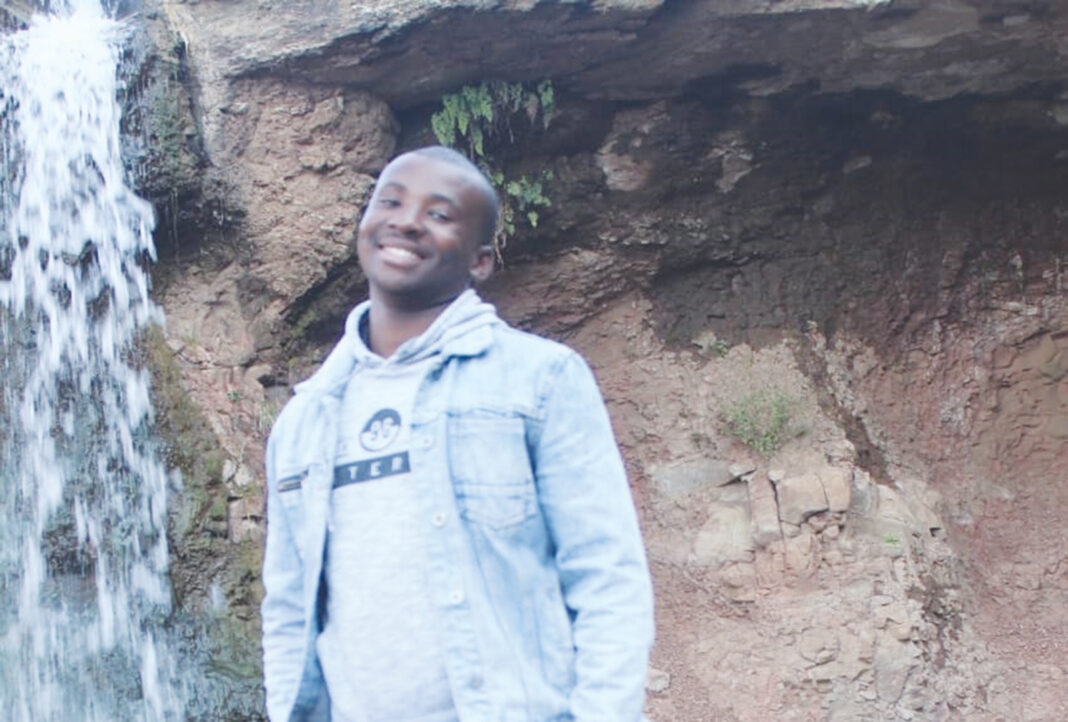Tens of thousands of people marched against Brazil’s president Jair Bolsonaro last month after the supreme court authorised a criminal investigation into alleged government corruption involving a Covid-19 vaccine deal.
This is one of the many examples of how pervasive corruption is in today’s world and the dangers it poses to humanity.
We cannot ignore the risks of Covid-19 vaccine corruption in poor beloved Lesotho, where graft is a way of life.
In a public health crisis, corruption risks in procurement are amplified by the urgency of needs, required flexibility and requested speed. This may create opportunities for individual discretion that can further increase the risk of corruption.
Many countries have issued direct contracts without competitive processes and face challenges in ensuring that controls are in place to detect and prevent abuses and corrupt practices. Unscrupulous government officials may seek to enrich themselves, or those connected to them, through the procurement process by demanding kickbacks from suppliers.
Suppliers, on the other hand, may exploit shortages to demand grossly inflated prices from government purchasers and collude with other suppliers to their advantage. If suppliers bribe government officials to circumvent regulatory controls, there is also a risk that governments may purchase substandard or falsified products, undermining the health of their populations and reducing their citizens’ trust and confidence in public institutions – as well as in the government’s response to the pandemic.
In Lesotho, the scale and speed of the vaccine roll-out is already being threatened by corruption. It has come to our attention that tenders for the distribution of vaccines are being apportioned in the highest echelons of power in contravention of public procurement regulations. In the coming weeks, a cabinet minister will come under public scrutiny for awarding himself a M20-million tender for distribution of vaccines. Fasten your seatbelts, for it is going to be one bumpy ride.








